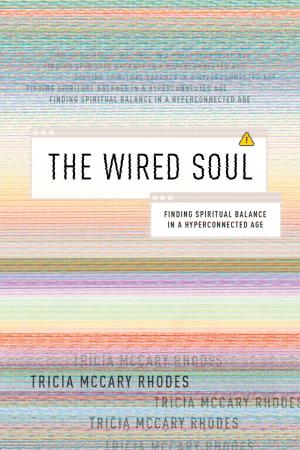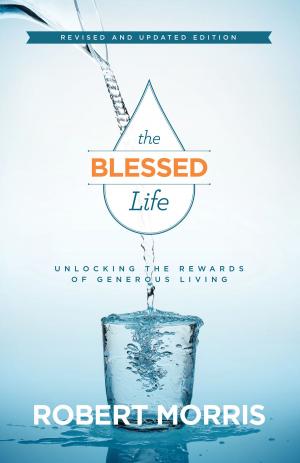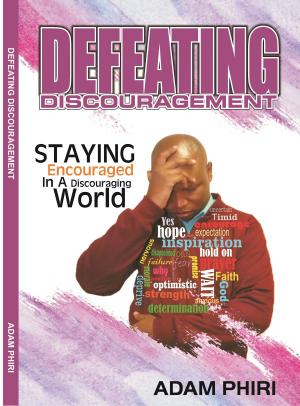| Author: | Dr. David C. Williams | ISBN: | 9780988963818 |
| Publisher: | Career and Faith | Publication: | February 18, 2013 |
| Imprint: | Language: | English |
| Author: | Dr. David C. Williams |
| ISBN: | 9780988963818 |
| Publisher: | Career and Faith |
| Publication: | February 18, 2013 |
| Imprint: | |
| Language: | English |
In our 40+ hour workweek society, most of us are going to spend the majority of our waking hours at work. We are choosing to spend the majority of our day with people we might not choose to spend time with otherwise. Many of us are going to put in extra effort in hopes of “getting ahead.” As we gain experience and can offer more, our goal is to gain more responsibility, more security. Ultimately we are looking for a way to make more money and do something that gives us more personal satisfaction. My goal is to offer some personal insights on how decisions that seem perfectly sensible on the surface can ultimately derail your career. There are a series of concepts called the 7 deadly sins. They seem to offer happiness, but in the long-run cannot deliver on their promise. Whether you are a Christian, a person of faith, agnostic, or atheist the end result of embracing these concepts is unfulfilled promises and personal dissatisfaction. Sin promises something it cannot deliver; it promises a road to happiness and success, but the promise is hollow. When we embrace the 7 deadly sins, make them part of our life and work, we may not end up getting what we ordered. The 7 deadly sins are pride, envy, anger, sloth, greed, gluttony, and lust. Certainly the list is not exhaustive; we can all think of other more obvious, or more personal sins. I want to focus on this list of 7 sins because of their direct application to the workplace and your career. These 7 have a fascinating history and cross all cultures. The book is targeted at three groups of readers, so if you don’t fall into one of these categories, stop reading now (just kidding; I hope and pray that everyone can find aspects of this book valuable in their daily walk). The first target readers are people working in the business world; those who are searching for satisfaction and success in their career. The second target readers are business students preparing themselves to start their career or studying to change careers. The third target is the small group, studying faith-based concepts to help them in their lives.
In our 40+ hour workweek society, most of us are going to spend the majority of our waking hours at work. We are choosing to spend the majority of our day with people we might not choose to spend time with otherwise. Many of us are going to put in extra effort in hopes of “getting ahead.” As we gain experience and can offer more, our goal is to gain more responsibility, more security. Ultimately we are looking for a way to make more money and do something that gives us more personal satisfaction. My goal is to offer some personal insights on how decisions that seem perfectly sensible on the surface can ultimately derail your career. There are a series of concepts called the 7 deadly sins. They seem to offer happiness, but in the long-run cannot deliver on their promise. Whether you are a Christian, a person of faith, agnostic, or atheist the end result of embracing these concepts is unfulfilled promises and personal dissatisfaction. Sin promises something it cannot deliver; it promises a road to happiness and success, but the promise is hollow. When we embrace the 7 deadly sins, make them part of our life and work, we may not end up getting what we ordered. The 7 deadly sins are pride, envy, anger, sloth, greed, gluttony, and lust. Certainly the list is not exhaustive; we can all think of other more obvious, or more personal sins. I want to focus on this list of 7 sins because of their direct application to the workplace and your career. These 7 have a fascinating history and cross all cultures. The book is targeted at three groups of readers, so if you don’t fall into one of these categories, stop reading now (just kidding; I hope and pray that everyone can find aspects of this book valuable in their daily walk). The first target readers are people working in the business world; those who are searching for satisfaction and success in their career. The second target readers are business students preparing themselves to start their career or studying to change careers. The third target is the small group, studying faith-based concepts to help them in their lives.















